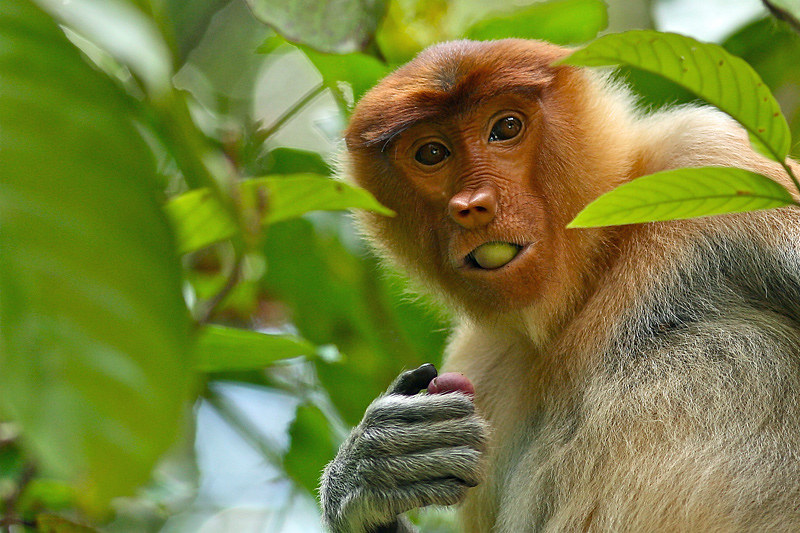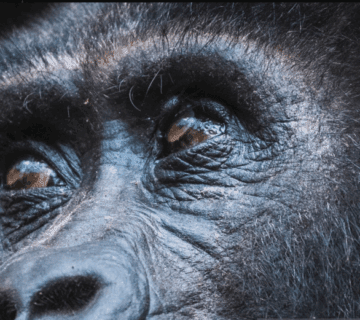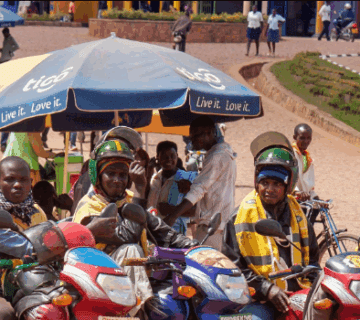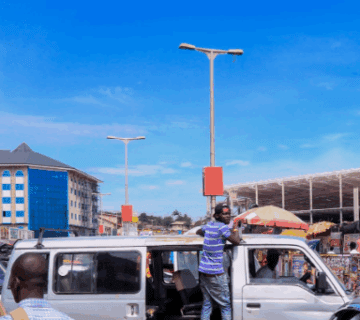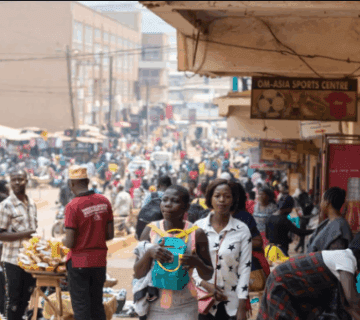The 20 Primate Trekking Guidelines, Primate trekking is the activity of venturing into the wild, usually a forest, in search of primates and spending one hour with them. These primate treks are frequent in East Africa, particularly in Rwanda, Uganda, and the Democratic Republic of Congo.
Mountain gorillas, chimps, golden monkeys, baboons, and other animals have been tracked in these nations. They travel in a variety of environments, including but not limited to:
Volcanoes National Park for gorillas and Nyungwe National Park for chimps in Rwanda; Virunga National Park for both gorillas and chimps in the Democratic Republic of the Congo; Bwindi National Park and Mgahinga National Park in Uganda for gorillas; and Kibale National Park, Kyambura Gorge, Budongo Forest, and others in Uganda for chimps.
Wildlife enthusiasts visit all of these areas to see primates.
However, on these treks, other regulations apply, and the following are the top 20 primary trekking rules:. You can only trek with valid permission. You must obtain a trekking permit in advance to be able to trek. The licenses cost USD 1500 in Rwanda, $800 in Uganda, and $400 in the Democratic Republic of the Congo.
Trekking requires an age of at least 15 years. Younger people are not permitted to journey.
You cannot travel when unwell, especially if you have a contagious ailment. Because monkeys share roughly 90% of their DNA with humans, the illness may readily be passed on to the primates, which may be fatal for the primates.
- All trekking adventures begin with a compulsory briefing for all hikers.
- Trekking is done in groups of eight or ten. Please stay within your assigned group.
- Don’t pollute the forest on your journey.
- Do not harm the forest by breaking branches and removing tree pieces.
- When you arrive at the gorillas, examine them silently. Avoid creating noises or sounds that will aggravate the primates.
- Keep a 7-meter space between yourself and the primates.
- Do not touch the primates.
- Do not feed the primates.
- Do not yell at or talk to primates.
- Do not make odd motions in the presence of the primates.
- Do not sprint in the presence of the primates.
- If a primate gets near you, keep still.
- Respect the one-hour time restriction set for you in front of the primates.
- Do not use flashes when shooting images of the primates.
- Don’t venture out into the jungle without your group’s instruction.
- If you are threatened by a monkey, stay put; the primate will back off.
- Have fun on your trekking trip.
All trekkers, regardless of where they are trekking, are expected to obey these regulations. These guidelines keep you safe while also protecting the primates. Because trekking excursions are typically done for primate conservation,. So it’s critical that that goal be met.
You should be aware, however, that the various primary facilities may have additional restrictions that you must observe in addition to the ones listed above.

